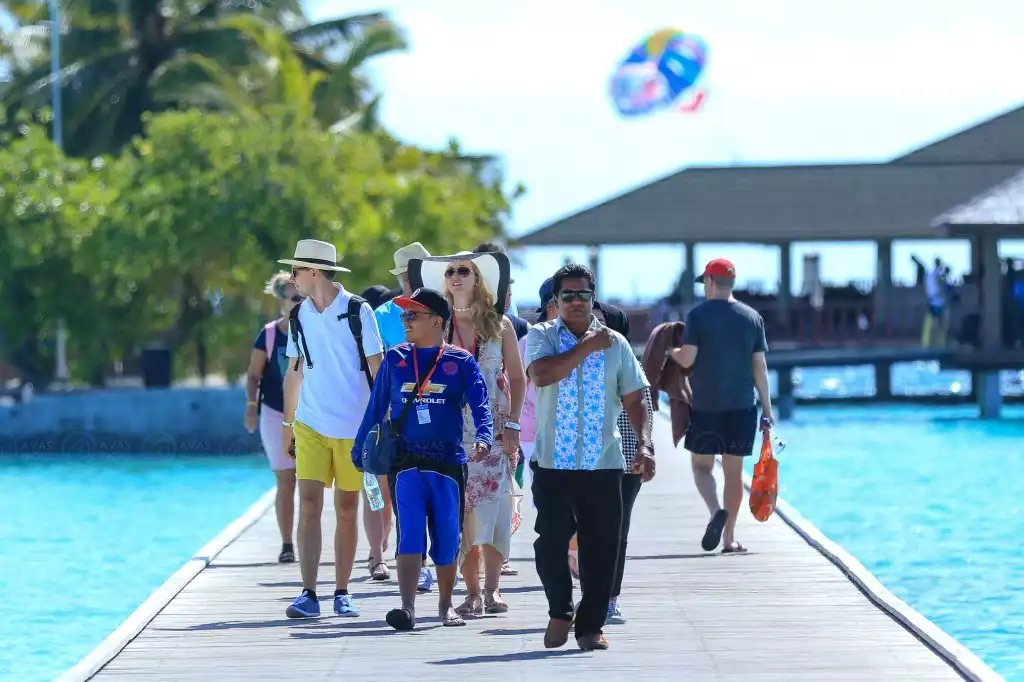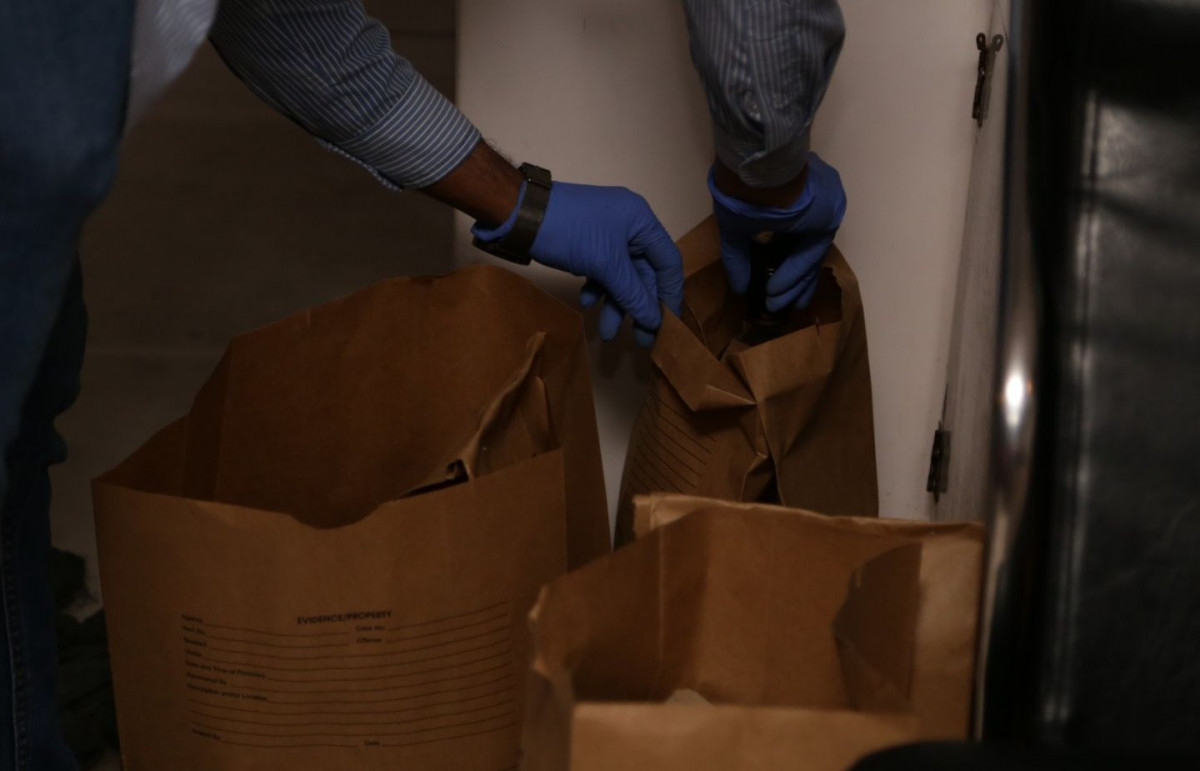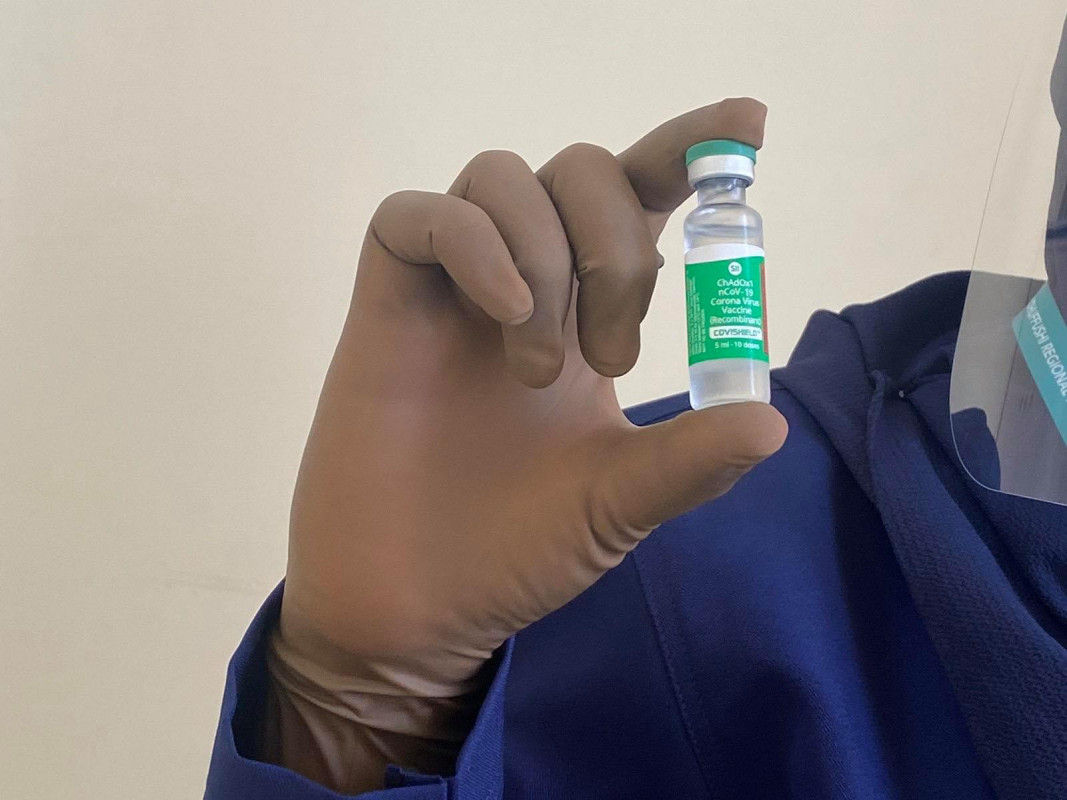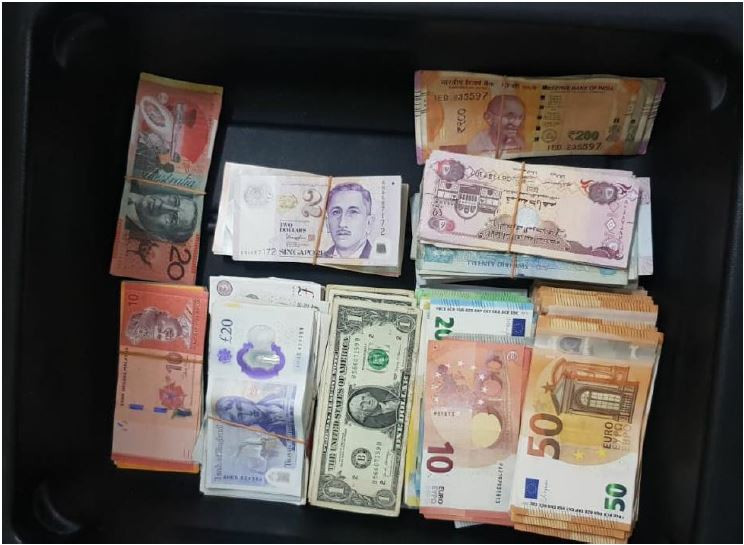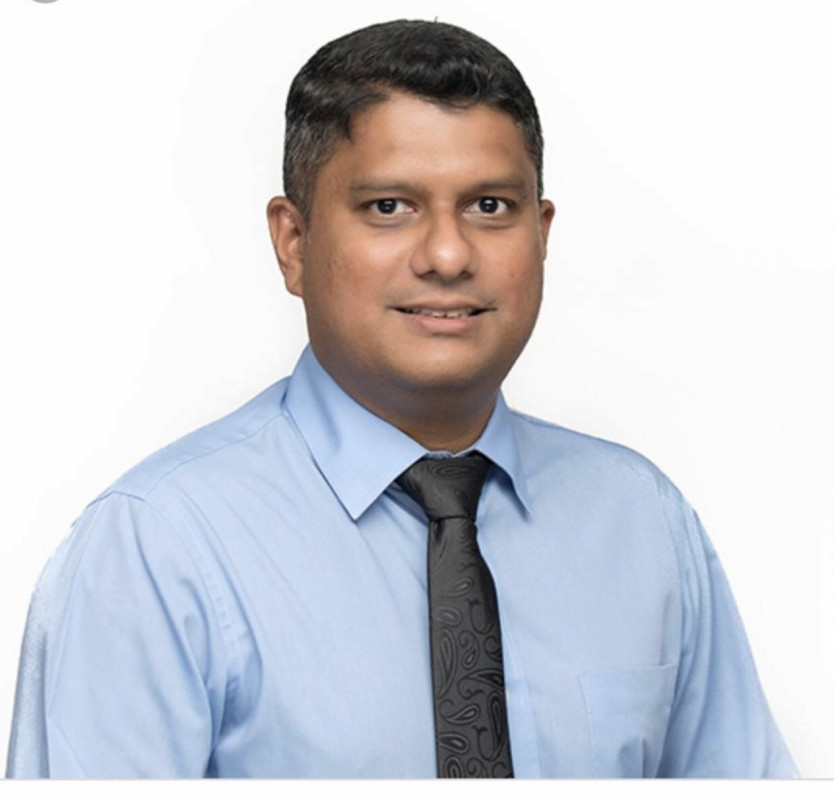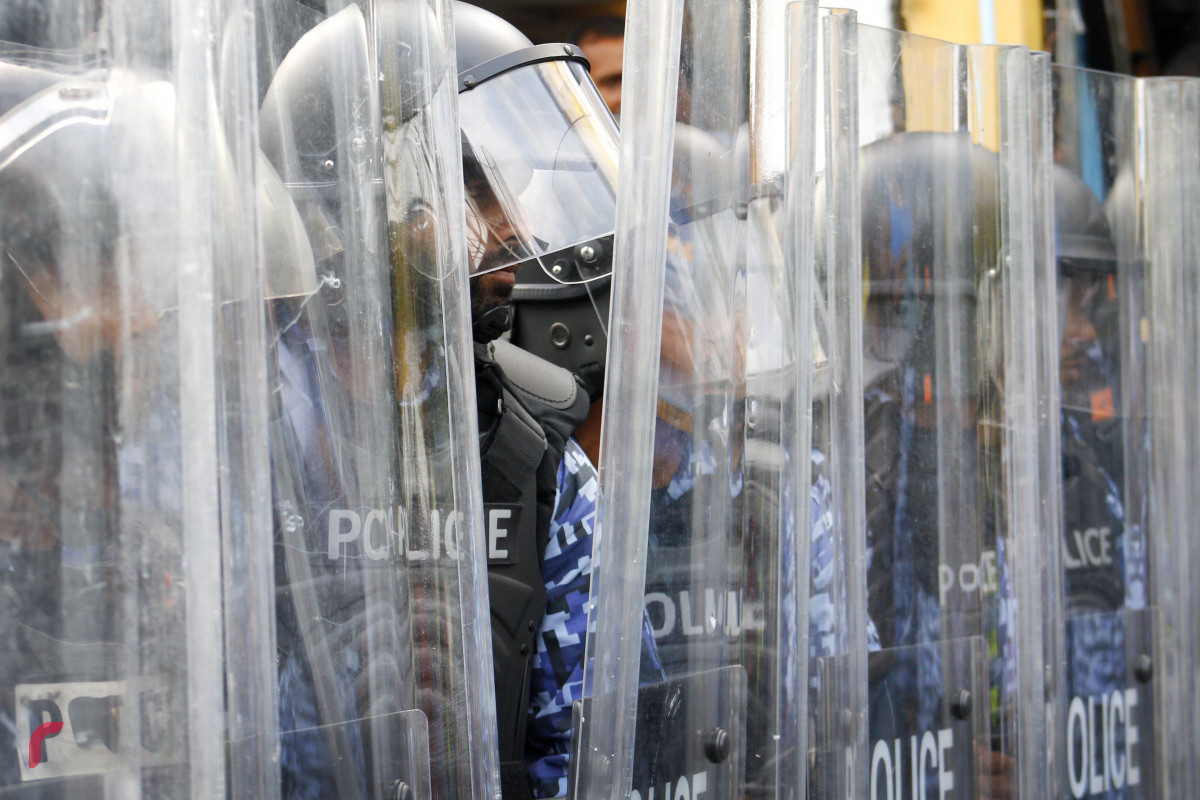Have not informed anyone of inability to proceed with investigations: DDCom
Speaker Nasheed made the claim at Monday's sitting

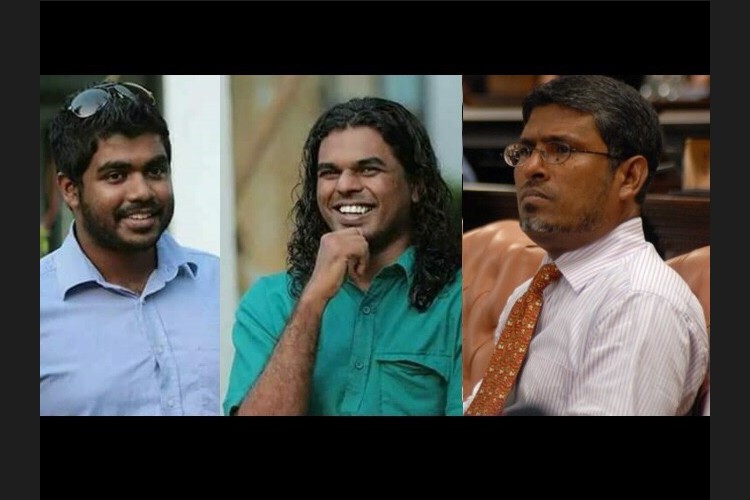
(L to R) Yameen Rasheed, Ahmed Rilwan and Dr. Afrasheem Ali
The presidential commission on disappearances and deaths (DDCom) has denied informing anyone of being unable to proceed with its investigations.
This was after Speaker and former President, Mohamed Nasheed, claimed that the commission had sent a letter informing of issues in collecting further evidence which has led to the inability to proceed with the investigations.
While the speaker stated this during Monday’s parliament sitting, DDCom issued a statement in the afternoon.
Noting that it had sent an update of the cases being investigated to parliament following a request, the commission said that the challenges to collecting additional evidence was mentioned. However, DDCom said that it had not said anything about being unable to proceed with any of the investigations.
Further, the commission assured that the investigations into the over 20 cases continues “without any interruptions”.
Speaking at Monday’s parliamentary sitting, the speaker said that DDCom does not believe that any new evidence can be uncovered in the cases including to find those who had planned, funded and covered up the murders. Nasheed said that the commission is only focused on pressing charges against those that were actively involved.
He added that DDCom blamed this on the release of its initial investigation report, which was done by the People's Majlis. The commission had sent reports in two of the investigations to the parliament, and publicized parts of it.
While lawmakers were given the opportunity to debate on how to carry on with the issue, Nasheed said that halting these investigations is not an option.
President Ibrahim Mohamed Solih created the inquiry commission hours after taking oath of office in November 2018; finding the truth behind murders and disappearances was one of his key pledges, along with releasing political prisoners and recovering stolen money from the state.
The commission is investigating 26 murders and enforced disappearances including three of the most high-profile murders in the country’s history; the 2012 murder of lawmaker Dr. Afrasheem Ali, the 2014 abduction and murder of journalist Rilwan Ahmed and the 2017 murder of human rights activist Yameen Rasheed.
Both Dr. Afrasheem Ali and Yameen Rasheed were stabbed to death at night, at the stairwell of their respective homes. Afrasheem was murdered on 1st October 2012, while Yameen was stabbed 32 times on 23rd April 2017. While Ahmed Rilwan went missing on 8th October 2014, it took the police two years to confirm his abduction. DDCom had in September 2019, revealed that evidence showed that Rilwan was abducted, taken to the open sea on a dinghy boat and killed.
While police for years claimed that there were no connections in the three murders, DDCom had in December 2018 revealed that the three cases have the ‘same pattern’ and hence are linked.
